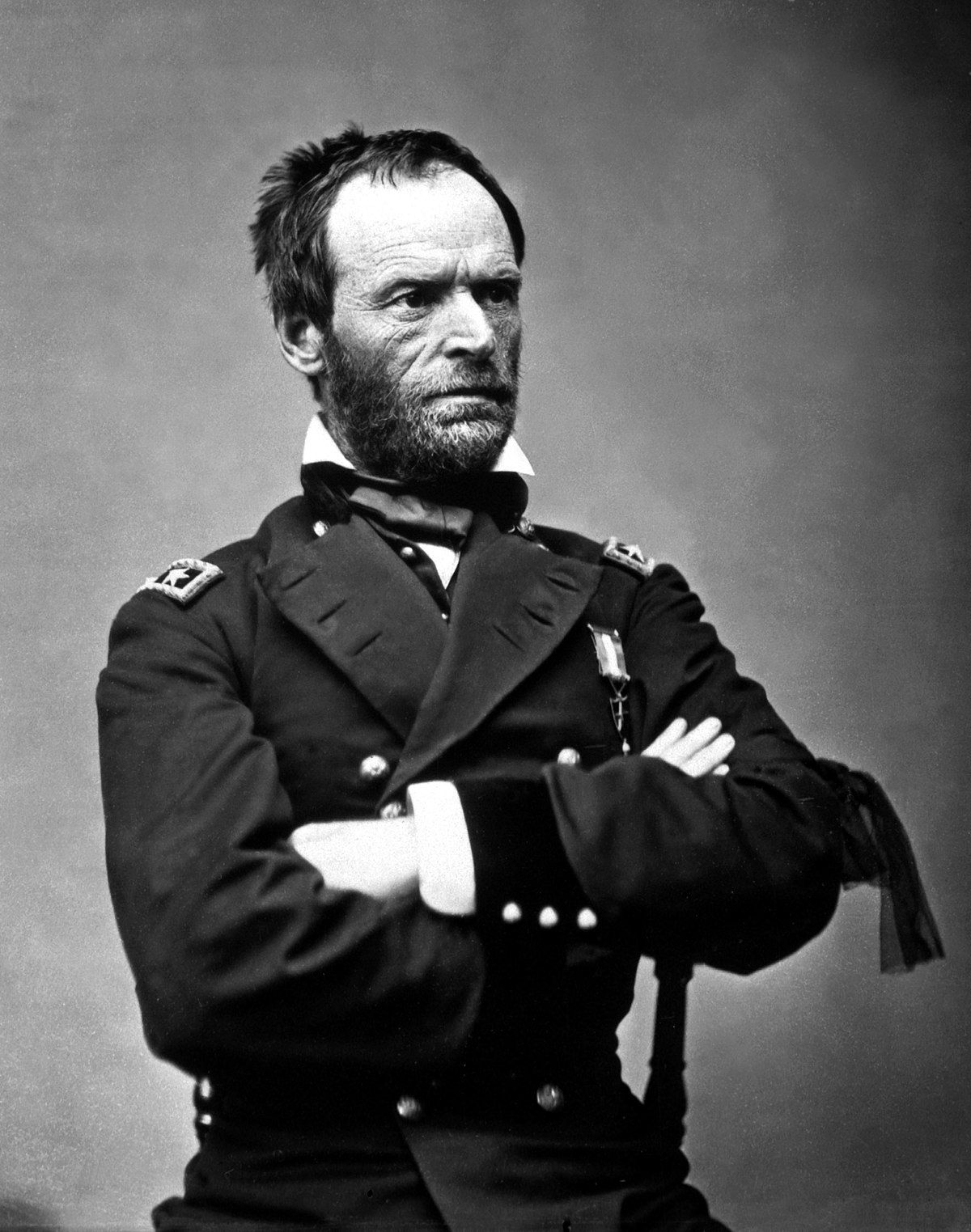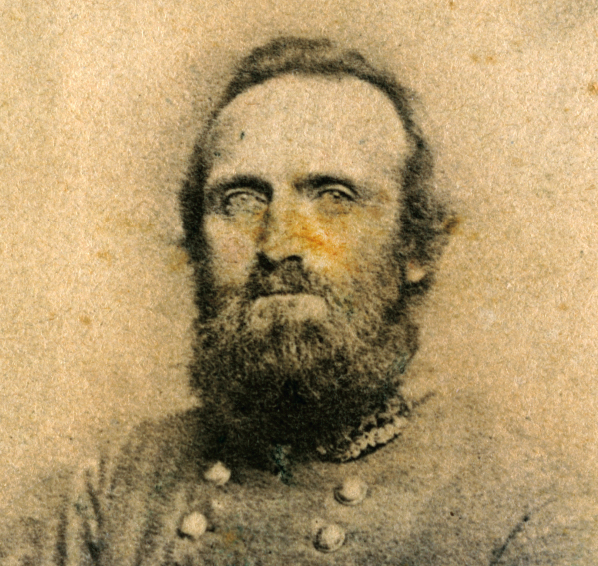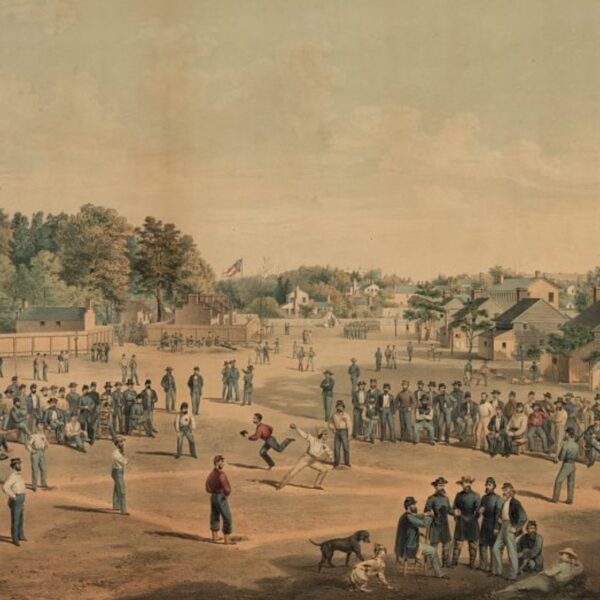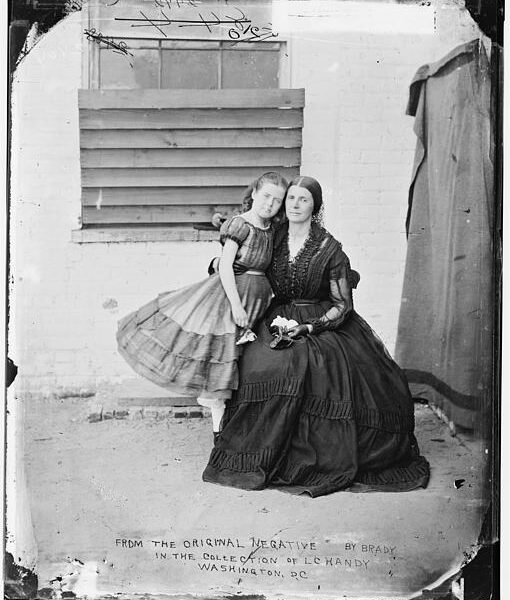
William T. Sherman
For the Dossier section of the Fall 2017 issue of The Civil War Monitor, we asked a panel of Civil War historians a series of questions about Union general William T. Sherman, from what they considered to be his best and least impressive battlefield performances to their favorite book about him. Due to space constraints, we weren’t able to publish all of our panelists’ answers to several of the questions, including, “What do you most admire about Sherman?” Below are their answers to this one, in full.
Larry J. Daniel:
“His intuitive nature.”
Gary W. Gallagher:
“His self-awareness. He understood his strengths and weaknesses and dealt with both in ample measure in his writings and statements.”
Ethan Rafuse:
“He understood the nature of the war, the people he was fighting, and that they must pay a steep price for initiating and persisting in their attempt to wreck the Union.”
Joseph T. Glatthaar:
“Creative thinking.”
Timothy B. Smith:
“I admire most Sherman’s candidness and forthrightness; there was no game playing or wondering where he stood on any situation.”
James M. McPherson:
“Sherman’s ability to invent aphorisms that explain important policies or strategies in a punchy phrase: ‘Make Georgia howl’; ‘Make them feel the hard hand of war.’”
Christopher Stowe:
“Sherman was among the most capable commanders in American history to grasp both the eternal nature of war and its ever-changing character. His approach to the conduct of military operations matured over time, becoming more destructive in direct correlation to the expansion of Federal war aims in what was indeed ‘a people’s contest.’”
John Marszalek:
“I particularly admire Sherman’s intellect and wide ranging knowledge of people and events. He was an intellectual, who studied war as he fought it and reacted accordingly.”
Joan Waugh:
“What I admire most about Sherman is his intense loyalty to country, to cause, and to comrades as reflected in his remarkably frank private correspondence, his efforts as military commander, and his singular friendship with U.S. Grant.”
Daniel Sutherland:
“His honesty and directness. Sherman did not care whose sensibilities he might offend.”
Mark Grimsley:
“Sherman had one of the deepest understandings of the nature of the Civil War and expressed it compellingly.”
Anne Sarah Rubin:
“I admire the degree to which Sherman, during the March, was very clear-eyed about what war meant: that making war horrible could hasten its end, and that should white Southerners surrender, they would be treated fairly. He didn’t want to waste the lives of his men unless he had to.”
Earl Hess:
“He had a high sense of professionalism about the task of learning how to command effectively in the field, was thoroughly and openly honest, brilliant in some ways intellectually, and not afraid to say what he thought.”
Lesley J. Gordon:
“I have always found Sherman’s candid recognition of the cost and brutality of war noteworthy. He appeared free of the romanticism and jingoism so prevalent among his contemporaries. He candidly saw the bloody conflict for what it was, which was something fairly unique for Americans of his generation.”
Christopher Phillips:
“I think honesty, both in terms of his beliefs in his abilities and his limitations, was the key to Sherman’s success. The Shakespearean line would be ‘To thine own self be true.’ He was. I won’t claim credit for the line, but my take on Sherman’s baseline success stems from, as the writer Edmund Wilson claimed of Sherman’s Memoirs, the fact that he was a man who ‘tells us what he thought and what he felt, and he never strikes any attitudes or pretends to feel anything he does not feel.'”
Brian Matthew Jordan:
“Sherman’s protracted battle with the demon that is depression.”
Steven Woodworth:
“I admire Sherman’s loyalty to Grant and his ability, by the latter stage of the war, to direct campaigns in such a way that his strengths came into play and his weaknesses remained, for the most part, masked.”
Brooks D. Simpson:
“I appreciate his blunt candor, often expressed in vivid word portraits. Sometimes he offered an all-too-revealing look into his inner turmoil and passions.”




